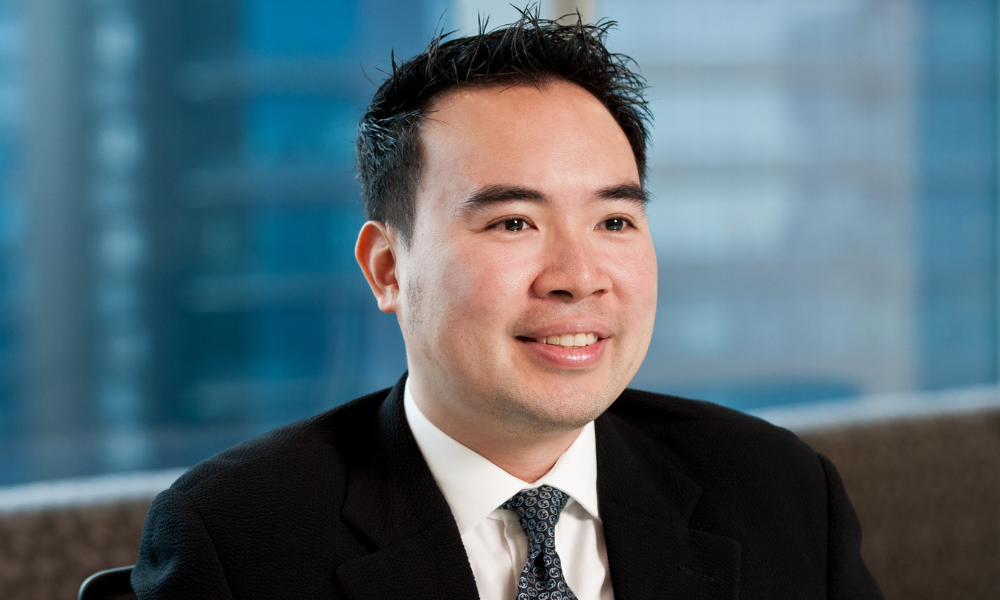Almost one in two admit they have lost great employees who have felt stifled and frustrated
.jpg)
C-Suite leaders in Singapore are struggling to cope with the demands of the three groups they need to serve in order to deliver success: employees, customers and the wider society.
Business leaders in Singapore feel the most duty to improve the lives of their employees (68%), closely followed by their customers (66%) and the wider society (30%). But two-thirds cited difficulty in balancing expectations of all three, according to a recent study by Fujitsu.
From an employee standpoint, more than two in three leaders agree that staff’s happiness is strongly linked to their organisation’s success. However, almost half admit they have lost great workers who felt stifled and frustrated.
Reflecting the struggle to balance all three groups and understand the connection between them, two-thirds (66%) of leaders believe that employees have an increasing influence on their business and 73% say unlocking employee creativity is vital for growth.
While most Singapore leaders believe that their staff have the tools needed to be creative (82%) and collaborative (68%), nearly half don’t feel confident that their organisation is adept at unlocking employee creativity.
Challenges cited that limit the potential of employees are:
- too much focus on day-to-day tasks and too little on employee development (52%)
- limited opportunities for growth and development (34%)
- limited chances for employees to contribute new ideas (38%)
In order to foster employee growth and development, 56% of the respondents have established manager or leadership development programs, 50% have put in place mentoring or reverse-mentoring programs, and a further 44% run skills-based training.
“The survey findings show that over the last few years, businesses have shifted their focus: where once success felt very much hinged to the customer, it is increasingly clear that employees and citizens within society play a big role as well,” said Wong Heng Chew, country president at Fujitsu Singapore.
“Future business success will be driven by knowledge, creativity and trust, supported by digital technology advancements and an evolved business approach with people at its heart.”








